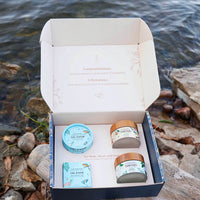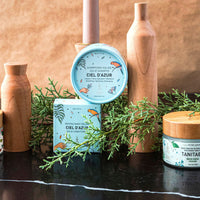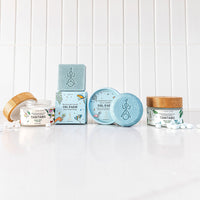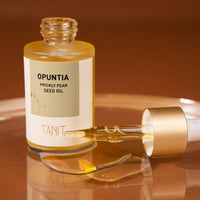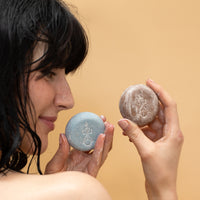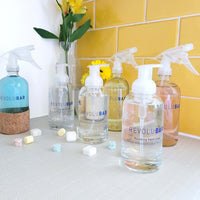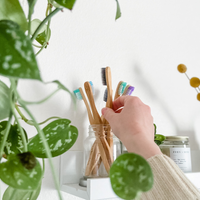What About End of Life?
The PLA-based floss picks are 100%
recyclable, but they can also be composted in Industrial Composting Factories.
The vegan floss thread is not compostable. Please make sure to cut it before tossing. It is BPA-free though, meaning it can be recycled (always call your local recycling centers ahead to know if they can recycle it!)
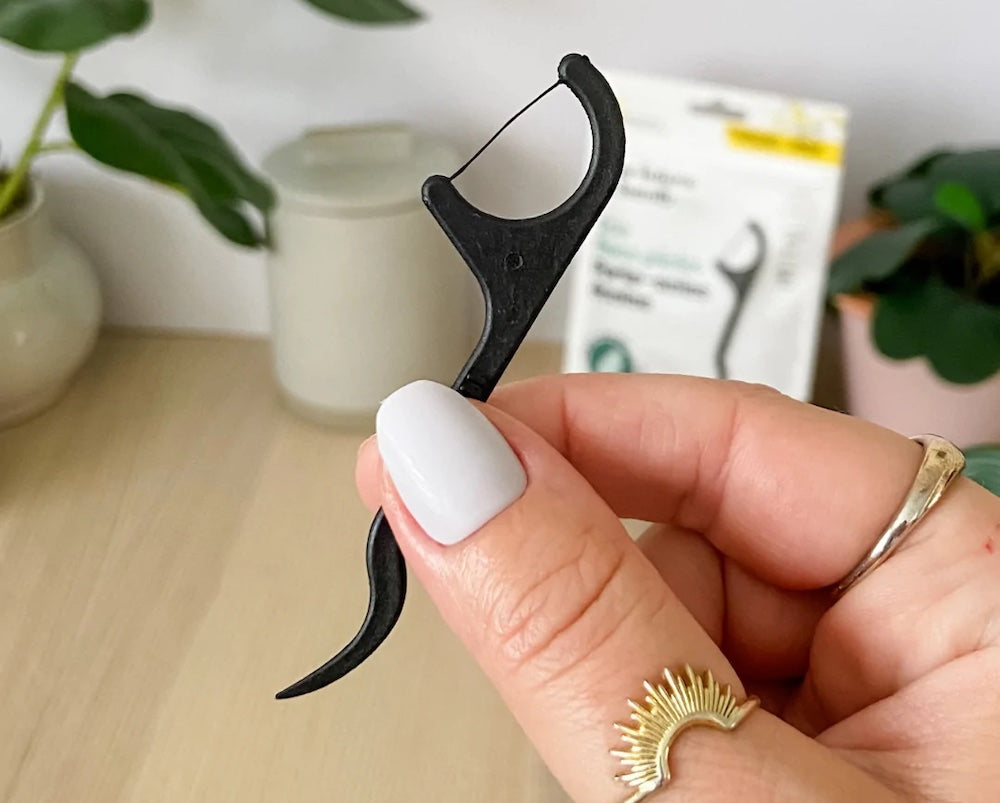
FAQ
We use a safe alternative to Worm Silk Floss (which is not vegan, not cruelty free), with our ultra-high molecular weight PE (UHMWPE) for the floss in our Eco Floss Picks. UHMWPE spun fibres were produced by utilizing terpene as an alternative to petrochemicals.
The use of terpene oil as an alternative to petrochemicals provides an environmentally friendly process. Since it is from a renewable source (i.e., orange peel), it is sustainable.
According to the Higg Index (Higg Index Holistically Measures Social &
Environmental Impacts throughout the Value Chain), Worm Silk has by
far the worst impact on the environment of any textile, including polyester, viscose/rayon, and lyocell. It's worse than the much-demonized cotton, using more fresh water, causing more water pollution, and emitting more greenhouse
gases.
Silk is made from fibers spun by worms, who are animals, in a process that's surprisingly cruel and typically ends with the worms being killed.
PLA may be composted in Industrial Composting Factories. You can check www.findacomposter.com for more info!
Of course! Since we love all animals so much, we would never steal from their food source.
Pandas rely on Pseudosasa japonica (arrow bamboo), although they have been known to also eat Phyllostachys nigra (black bamboo) and Phyllostachys bissetii (bissetii bamboo).
The bamboos we use are called MOSO (Phyllostachys edulis) and TÙC, and they are not varieties pandas eat.


